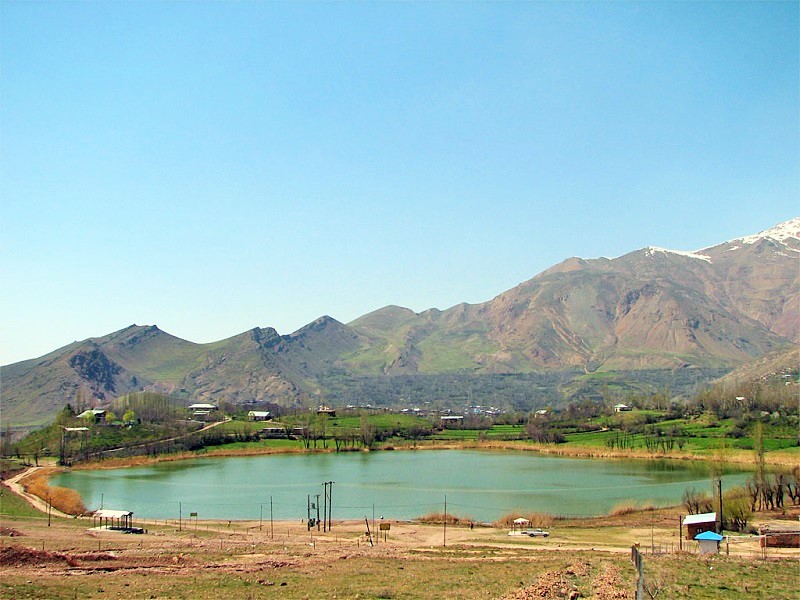- 1404/08/12 Environmental aluminum exposure and Alzheimer’s disease risk: Evidence from a systematic review and meta-analysis
- 1404/08/12 Seasonal variation and structural influences on indoor radon exposure in residential buildings of Khuzestan Province
- 1404/08/12 Environmental modulation enhances benzene phytoremediation by Aglaonema and Dracaena in indoor settings
- 1404/08/12 An insight into the environmental and human health impacts of per- and polyfluoroalkyl substances (PFAS): exploring exposure pathways and their implicationsAA
- 1404/06/23 A policy context and process analysis to implement the Paris Agreement on climate change in the health system of Iran
- 1404/06/23 Evaluation of climate indices related to water resources in Iran over the past 3 decades
- 1404/06/23 Preparation, characterization and adsorption potential of the NH4Cl induced activated carbon for the removal of amoxicillin antibiotic from water
 |
Who we are?
The Center for Water Quality Research (CWQR) was established in 2010 as part of the Institute for Environmental Research (IER) at Tehran University of Medical Sciences (TUMS) to address critical global and regional water quality challenges. The center was founded in response to the escalating threats posed by water pollution, population growth, industrial development, and climate change, which have collectively strained water resources, particularly in vulnerable regions like Iran.
Mission and Focus:
The CWQR is dedicated to investigating the complexities of water pollution and developing strategies to enhance water safety and public health outcomes. Key areas of focus include:
-
Pollution Monitoring and Emerging Contaminants:
- Researching the presence and impact of new chemical compounds in untreated and treated water supplies.
- Developing advanced detection methods to ensure comprehensive water quality monitoring.
-
Public Health and Water-Borne Diseases:
- Addressing the global increase in water-borne diseases through epidemiological studies.
- Designing preventive measures and treatment protocols to mitigate health risks.
-
Climate Change and Resource Management:
- Examining the effects of climate change on water availability and quality, with a focus on arid and semi-arid regions.
- Proposing sustainable water resource management strategies tailored to vulnerable areas.
-
Collaboration and Capacity Building:
- Working with national entities like the School of Health at TUMS and the National Water and Wastewater Company.
- Engaging in international collaborations to exchange knowledge and innovative solutions.
Impact:
By integrating scientific research with practical applications, the CWQR has positioned itself as a leader in addressing water quality issues in Iran and beyond. Its work is pivotal in developing sustainable approaches to water treatment, reducing pollution, and protecting public health amidst the growing challenges posed by modern environmental and climatic changes.
Projects:
To achieve the objectives and mission outlined for this center, 108 water and wastewater treatment projects have been approved since its establishment, of which 100 projects have been completed. Among these, several projects designed and implemented in response to contemporary societal challenges and needs are presented as follows:
An investigation on the occurrence of COVID19 disease virus in wastewater collection and treatment systems in Tehran-
A feasibility study to estimate household water footprint in Iran: Adaptation and application of a localized questionnaire-
Estimation of water poverty index at the provincial scale and the preparation of water poverty map of Iran-
The monitoring and risk assessment of Nitrate and Phenol derivatives in Tehran's water distribution system-
Investigation of qualitative, economic and health-related of point-of-use water treatment equipments performance based on HACCP evaluation systems-




